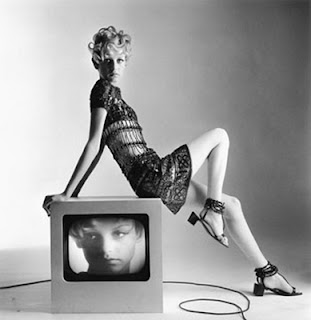Hi there,
Since it's
the season of goodwill, I thought I'd talk about the importance, as a
singer, of being nice. Niceness is
underrated. People almost have an expectation of diva-ish bitchy behaviour from
female singers, especially if there's more than one of them on the same stage.
I ran 'PopTarts', a weekly female singer-songwriter night, for almost 10 years -
dealing with female artistes en masse - and I completely disagree that
un-niceness is the norm. I was always impressed at the warm camaraderie between
the singers and not only do I think it's the right way to be, I think it's good
for your career.
I do a
piano bar-type gig once a week, largely attracting international tourists. It's
quite common for visitors to come and get their photo taken with the piano player
and I, at the end of the night. Recently, a family came up to the piano and I
got my best smile ready. Instead of posing with us, the mother glared at me,
snarled 'excuse me' as she pushed us to the side and deposited her 20-something
daughter at the piano. Mother instructed daughter to place her hands on the
piano as if playing and then directed her (also snarling) son behind his camera
phone, in what became a mini photo shoot.
Well you'll
be pleased to know it didn't work. When the mother asked Bossman when her daughter
would be able to start, he said something to the effect of, 'you can have the
gig when this singer is finished with it and that could be another 20 years, so
don't hold your breath.' Didn't she realise she was not only putting me down,
but also criticising the judgement of the person that had hired me, ie Bossman
himself? The Maitre d' told me the group had been disparaging of me to him as
well! So with all the staff talking about it, and laughing at what they
considered their transparent efforts to land the gig, they had managed to absolutely
guarantee that no kin of theirs would ever work at that venue.
In any
industry, people want to work with nice people, right? It makes life run more
smoothly. Anyway, everyone knows Santa strikes naughty people off his present
list, so here's to nice!
Merry
Christmas everyone,
xAmanda





















